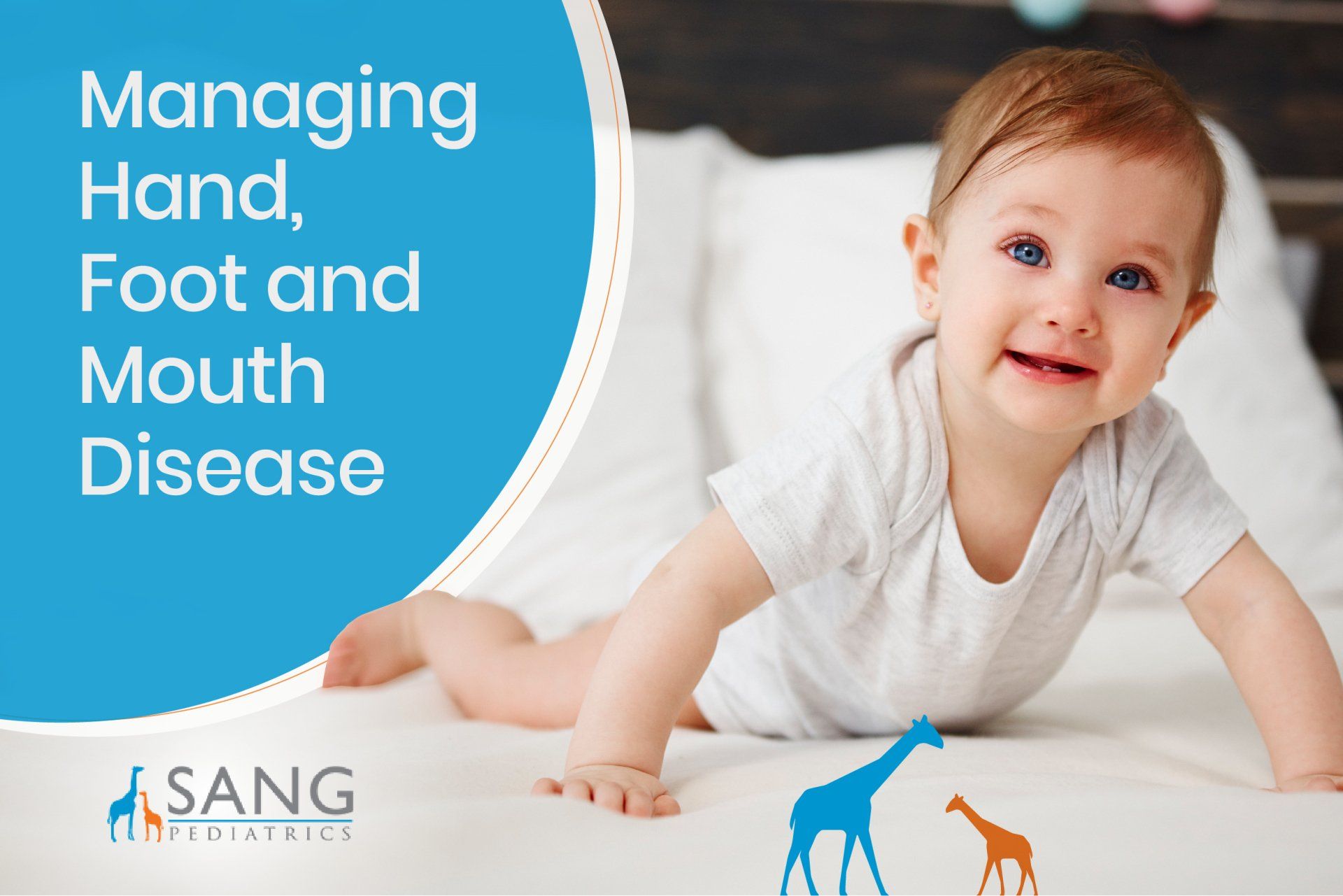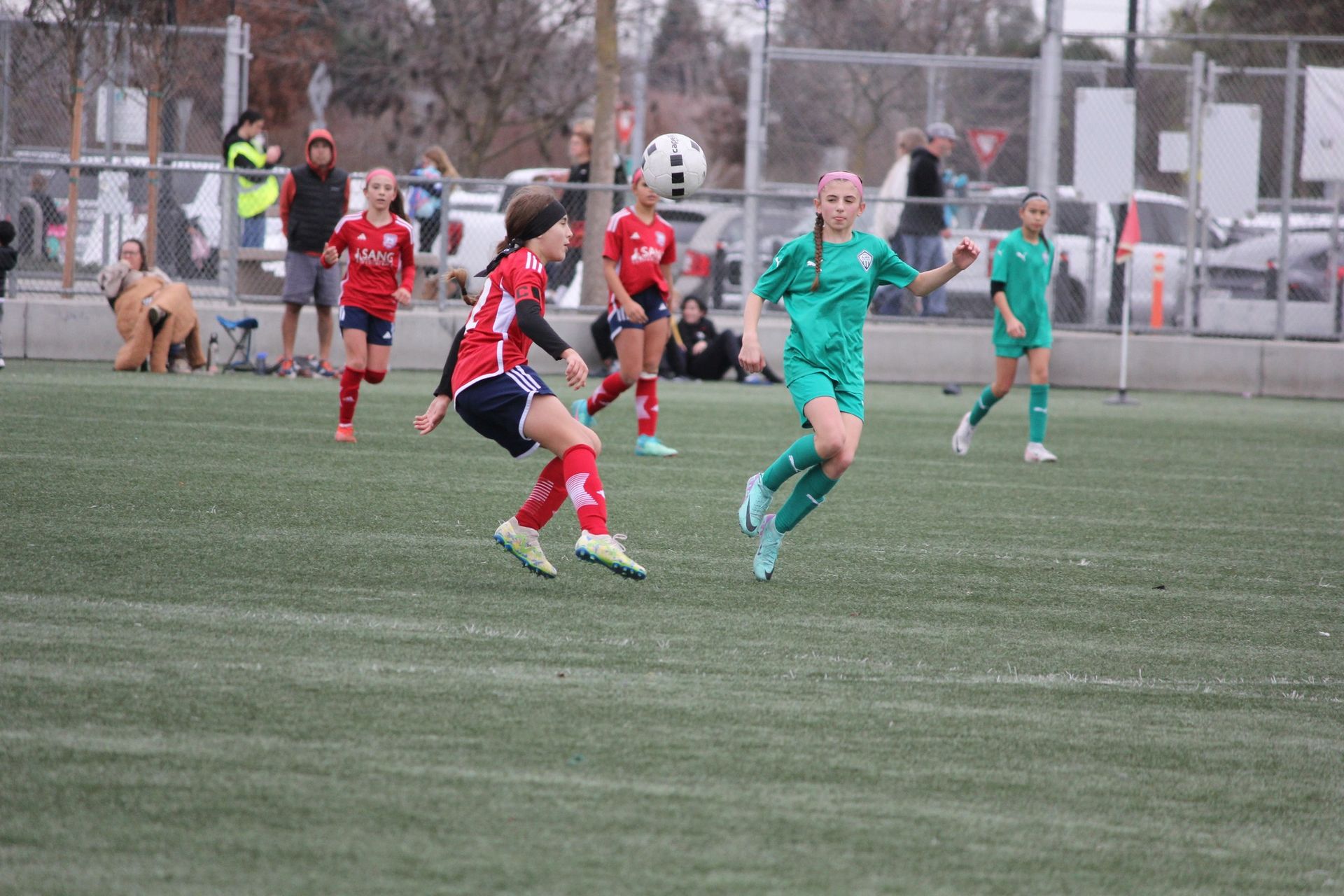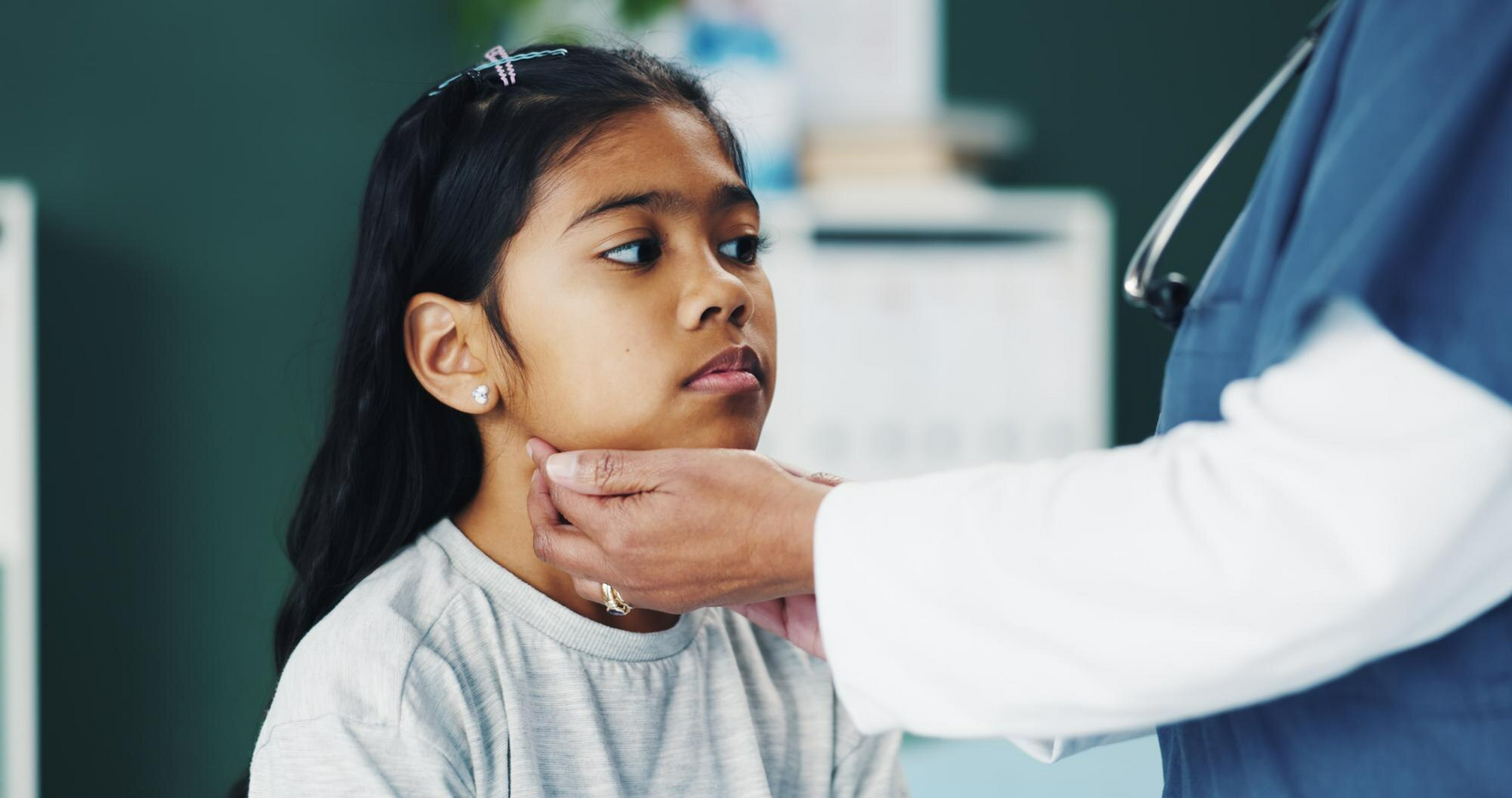Hand, foot, and mouth disease is a common childhood infection seen mainly in the summer and early fall. In tropical areas, outbreaks are common all year long. Parents and caregivers want to know what exactly hand, foot, and mouth disease is, how to treat it, its prevention, and most importantly, when to seek medical help. This blog will provide you with all of the information you need to know about this virus.
What Is Hand Foot and Mouth Disease?
Hand, foot, and mouth disease, or HFMD for short, is a mild but highly contagious viral infection prevalent among young children, particularly those around five below. But teenagers or adults may also get the virus. It is caused by an enterovirus, particularly coxsackievirus A16 and Enterovirus A71.
The term "hand, foot, and mouth disease" refers to a blister-like rash that develops on the hands, feet, and mouth. It can also manifest itself on any part of the body, including the buttocks and genital area. The disease spreads easily among people. HFMD spreads through
- saliva
- sneezes
- cough droplets
- nasal discharge
- poop
- fluid in blisters
- items touched by the infected person.
HFMD is especially common in child care centers, schools, and other places where kids are close. Children are most likely to get hand-foot-and-mouth disease at home due to frequent diaper changes and potty training, and their tendency to put their hands in their mouths.
Note: You should not confuse this disease with foot-and-mouth disease, which affects pigs, sheep, and cattle.
Signs and Symptoms of Hand, Foot, and Mouth Disease
After the initial infection, the symptoms begin to emerge 3 to 6 days later. We know this as the incubation period. Symptoms may include:
- fever
- sore throat
- headache
- runny nose
- poor appetite
- feeling sick, tired, or fatigued
- neck lymph nodes swollen
- irritability in infants and toddlers
- painful, red, blister-like lesions or ulcers in the throat, mouth, and tongue
- appetite loss as a result of painful swallowing and mouth ulcers.
- very small blisters or red spots appear around the hands, feet, or diaper area that is usually not itchy
Usually, these symptoms don't manifest at once but rather in stages. Fever and sore throat are the first signs of hand-foot-and-mouth disease. Some blisters and mouth ulcers follow these symptoms.
Diagnosis of HFMD
Pediatricians can diagnose HFMD through a physical exam. They will look for symptoms of mouth sores, blisters, rashes, and blisters in the mouth and body during the examination. Additionally, the doctor will ask about any other symptoms you or your child may have. Your pediatrician may collect throat and stool samples from your child and send them to a laboratory for testing, depending on the severity of your child's symptoms.
How Is It Spread and What Are the Complications?
Hand, foot, and mouth disease rarely causes serious complications. Enterovirus 71 is more likely than any other HFMD virus to cause complications. Among the possible but rare complications are:
- fingernail and toenail loss
- brain and spinal cord membrane swelling (viral meningitis)
- swelling of the brain (Encephalitis)
- inflammation of the heart muscle (myocarditis)
- dehydration due to difficulty swallowing liquids caused by mouth sores
Prevention and Treatment for Hand Foot and Mouth Disease
The vast majority of children recover without problems by themselves. After the initial onset of symptoms, your child should heal within 7 to 10 days. Hand, foot, and mouth disease do not have a cure. In addition, antibiotics cannot treat HFMD since it is a virus. It is only possible to treat the symptoms.
Early in the course of the disease, your doctor may prescribe medication to relieve symptoms. Moreover, several at-home treatments can ease HFMD symptoms. Here are effective treatments for the infection.
- medicated syrups or lozenges that reduce sore throat pain
- gargle warm salt water around the mouth
- topical ointments, either prescription or over-the-counter, to soothe blisters and rashes
- Give your child pain relief, such as paracetamol or ibuprofen, if they are in pain or uncomfortable. Never give your child aspirin. In some cases, aspirin can cause
Reye's syndrome, which is potentially fatal.
- You must not puncture or squeeze blisters. Allow them to dry naturally.
- Keeping your child at home allows your child to get plenty of sleep
- Make sure your kid gets plenty of fluids to avoid dehydration.
- Offer cold drinks to soothe the mouth and throat. Ice pops and ice cream may also aid in the recovery process.
- Provide soft, easy-to-swallow foods. It may be difficult for your child to eat much if swallowing hurts.
- You should not give your child spicy and acidic food and drinks like citrus fruits. Such foods can irritate sores and cause pain.
When to Seek Medical Attention
If symptoms don't subside within 10 days or if they get worse, consult your doctor right away. Here are other instances when you should seek medical attention:
- if your kid has weakened immune system
- fever that lasts more than 3 days
- your child is less than 6 months old
- stiff neck, neck pain, or chest pain
- refuses to eat food
- dizzy or unable to walk
- an area of swelling, pus, or redness surrounding any sore
- lack of liquid intake that can lead to dehydration; or has signs of dehydration such as drowsiness, paleness, weight loss, sunken eyes, cold hands and feet, and less urination
How to Prevent Hand Foot and Mouth Disease
You can prevent the spread of HFMD by taking the following steps:
- Wear a mask when sick.
- Don't kiss or hug an infected child.
- Frequent hand washing is important. If you touch a blister or change the diaper of an infected child, wash your hands immediately. If water is not available, use alcohol, sanitizers, or wipes.
- Teach your children how to maintain personal hygiene and practice cleanliness. Emphasize to children the importance of not putting their fingers, hands, or any other foreign object in their mouths.
- Don't share cups, utensils, and other personal items with anyone else.
- Using soap and water, clean and disinfect toys, pacifiers, utensils, etc. High-touch areas like doorknobs, tv remotes must also be disinfected. Be sure to wash your child's clothes and bedding too.
- While infected, keep your child at home. This will prevent further infection. Generally, kids are no longer contagious after their fever has subsided or any wounds or blisters have healed.
Consult with Sang Pediatrics
If your child exhibits hand, foot, and mouth disease symptoms, do not send them to school or daycare. Take them to a
pediatrician for a thorough examination.
Sang Pediatrics can address any concerns you have about your child's health and well-being. Call or book an appointment online, and we will be happy to assist you and take care of your child's health.













